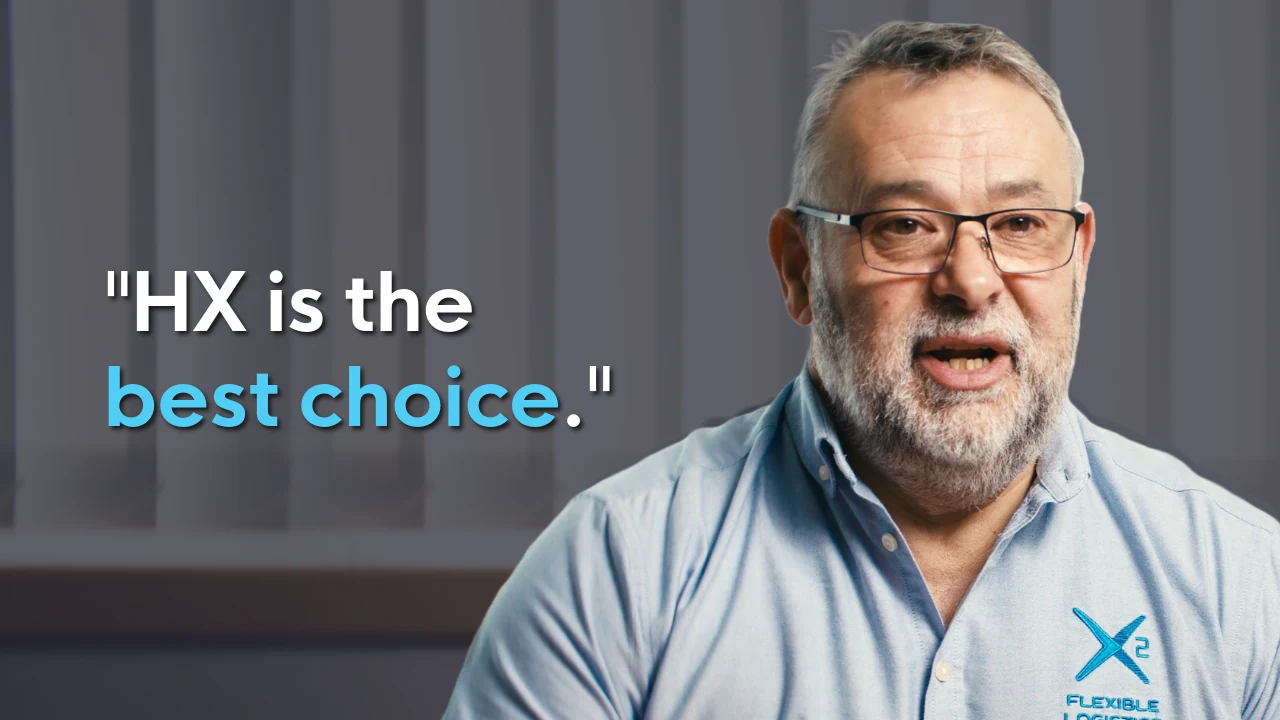The lorries, which have effectively unlimited range, are the brainchild of Asher Bennett, the CEO of Tevva, a Chelmsford-based start-up. But before explaining how these leading-edge trucks could benefit freight exchange members, let me begin by telling you the extraordinary story of how Bennett made the leap from submariner to electric truck manufacturer.
Upon leaving the navy, Bennett began searching for a way to apply the knowledge and experience he had accrued in the military to a pioneering start-up business. In 2008, he co-founded Evida Power, an electric vehicle battery developer for buses and trucks, and quickly established operations in North America, Europe and China. As Evida’s Chief Executive Officer, he soon realised, however, that developing and manufacturing batteries alone would not be enough. Bennett decided, therefore, to start a company which specialised in building electric trucks. But if the new start-up was to flourish, Bennett knew that he would need to find a niche. And he found it in his past.
Bennett, who has just returned home from China where he was part of the UK’s government largest-ever trade delegation, recalls, “The big challenge for the electric truck market is that it is handicapped by range anxiety and a lack of charging infrastructure. But this was a problem that submarine engineers had already solved. Therefore, I remember thinking, what if I could develop tailor-made energy management systems for electric trucks in the same way that navy experts have done for submarines?
Filling a gap in the market…
Bennett quickly realised that he had discovered a potentially lucrative point of difference in the electric vehicle market, and he immediately set to work exploiting it. Fast forward five years, and he and his team of 20, have developed the award-winning Predictive Range Extender Management Systems (PREMS) technology. The combination of a 74kwh battery and a very small internal combustion engine, enables each lorry to travel over 450 miles without charge, while its regenerative braking system restores 30 per cent of power to the battery when the truck is moving.
As a result, Tevva Motors’ order-book grows month on month. It has recently won business from several multinational logistics providers, two of which are household names in the parcel delivery and high street coffee sectors. According to Bennett, Tevva is negotiating “with at least another 30 logistics providers in several key geographies including the UK and Europe, China, North America and Mexico and Australasia”.
What it all means for freight exchange platform members…
But how can members belonging to the Haulage Exchange platform, many of whom operate large fleets of trucks ranging from 7.5 tonnes to 44 tonne vehicles, benefit?
Explains Bennett: “We recognise that the commercial freight sector is a very complex and fluid landscape. With global demand for online retailing increasing year on year, platform economics is fast changing the shape of the freight sector. As a result, smaller operators have flourished. Therefore, we want to make our electrification technology accessible to everybody. Our business model includes a leasing option and secondly as the market matures, we believe that a ready supply of used EREVs will further broaden the accessibility of the technology to smaller operators.”
But what of the retro-fit arm of the business, where Tevva engineers can fit the technology to an existing chassis as part of re-power package? Does Bennett think that this will lower barriers to entry for freight exchange platform members in the UK?
Bennett says, “In the UK and Europe we expect most fleets to invest in new vehicles. That said, when second-hand trucks become available to buy in the next few years, we think that the demand for these used vehicles will be high – particularly for smaller fleets and newer businesses. That said in North America and Mexico, where the shelf life of a vehicle is much longer than in Europe, the retro-fit operating model may indeed gain more traction.”
The synergy between freight exchanges and the electric truck…
So, if electric lorries become more prevalent, does Bennett see them being deployed by freight exchange platforms to ease the burden of regulation for drivers of non-compliant vehicles, who wish to operate in clean air zones?
“I think in theory the idea is a good one, and while it might work for smaller vehicles, if it is to really add value, there would need to be large specially built consolidation centres so that heavy goods vehicles could transfer their cargo to electric trucks to transit the last few miles of the clean air zone. It may also be that by the time the physical and digital infrastructure is in place that electric vehicles hold sway and Ultra-Low Emission Zones are no longer needed.”
But for this to happen, electric vehicles would have to dominate the commercial freight sector. Can Tevva really turn the market on its head and eliminate diesel fleets altogether? While Bennett, believes that in the short term, ICEs will remain a focal part of the commercial freight landscape for some time to come, he thinks that the sector is on the cusp of change.
“Nobody in the industry refers to conventionally powered lorries as Internal Combustion Engine diesel powered trucks anymore. In the same way, in ten years’ time, ‘electric trucks’ in the freight sector will simply be known as lorries. That’s how commonplace they will become.”
So where does this leave freight exchange platforms, which have developed proven operating models to reduce emissions levels and carbon footprint of fleets?
Bennett says, “Collaborative logistics platforms will continue to thrive as they will help zero emission trucks to consolidate loads and cut out wasted miles. Take dead mileage for instance. In the next decade we don’t know what the charging landscape will look like. So, those driving simple battery electric trucks might still be handicapped by range challenges. Therefore, freight exchanges, which can help members reduce their empty mile count make sense. Even trucks with range extending technology will benefit because, those using freight exchanges would reduce the total amount of miles run, and every mile costs money no matter how it is powered.”
And in an industry where margins remain notoriously tight, Bennett thinks the freight exchanges, specialising in load consolidation, could help commercial fleets to reduce the cost of clean energy.
“We have calculated that the fuel cost of running one of our 7.5 tonne vehicles is around six pence per mile. Freight exchanges, in the future, will I believe be effective mechanisms to help large fleets or freelance owner operators reduce that waste mileage. Even at six pence per mile, waste mileage matters.
Continues Bennett, “And in developing countries, where in the future the electricity used to power vehicles might still be generated by gas and coal-fired power stations, collaborative logistics platforms will still be considered very effective mechanisms to cut NOx and C02 emissions.
“Finally, the life span of a Lithium Iron phosphate battery that we use on our vehicles is around eight years. If fleets can successfully cut out dead miles by using freight exchanges, they could help to prolong battery life. When you consider the cost of a Lithium Iron battery cell is USD$270 per Kwh, that would represent quite a cost-saving.”




